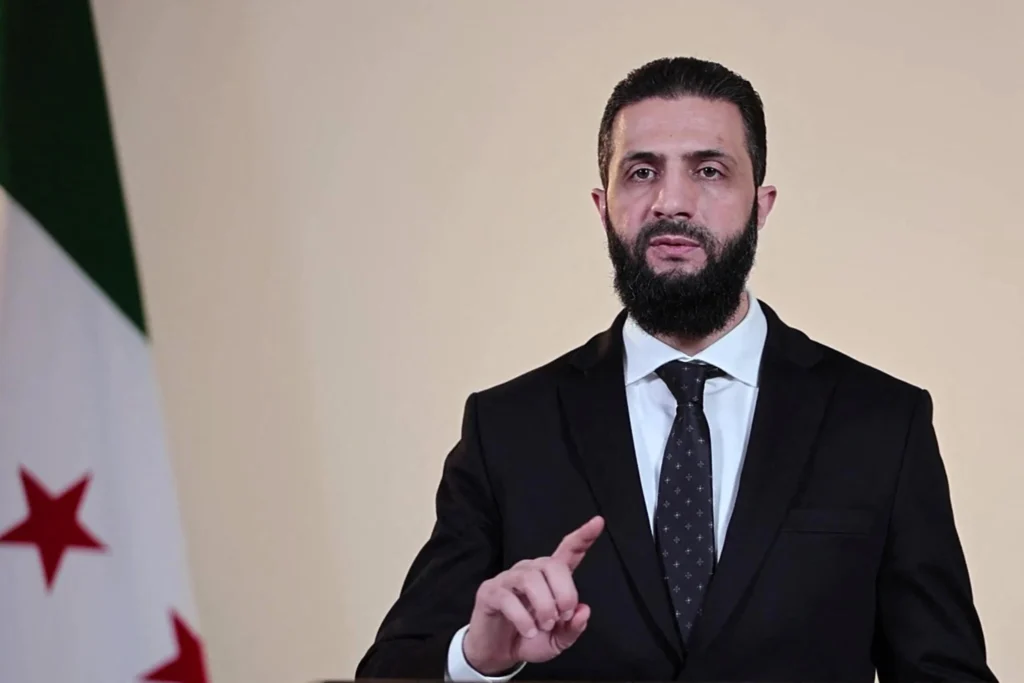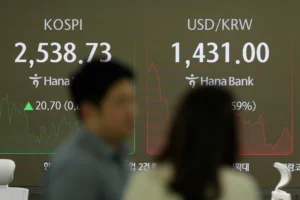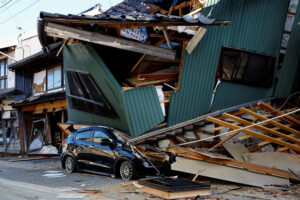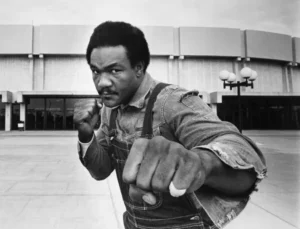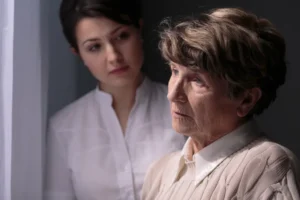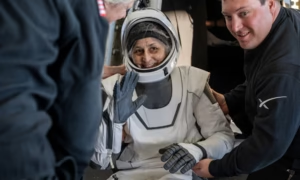Syrian Interim President Vows Justice Amid Sectarian Violence
Syria’s interim President Ahmed Sharaa has pledged to bring justice to those responsible for recent mass killings, declaring that such violence threatens his mission to unite the war-torn nation. In his first global interview, Sharaa addressed the deadly clashes that erupted between Syria Alawite Muslims and the new Sunni Islamist authorities, leading to hundreds of deaths over four brutal days.
The tragic events have reignited tensions in a country already fractured by years of conflict, with Sharaa emphasizing that accountability is essential for Syria to move forward. He promised that those guilty of the atrocities — whether former regime loyalists or members of his own coalition — would face consequences.
The Syrian Conflict’s Sectarian Legacy
The violence highlights the deep-rooted sectarian divides that have plagued the Syrian civil war. The conflict, which began in 2011, pitted Bashar al-Assad’s Alawite-dominated regime against a predominantly Sunni opposition. Assad’s brutal crackdown on dissent, coupled with foreign interference, fueled a war that devastated Syria‘s cities and displaced millions of people.
Now, as the country attempts to rebuild, Sharaa’s leadership faces immense pressure to address these divisions. He acknowledged that pro-Assad factions, allegedly backed by foreign powers, played a role in inciting the recent bloodshed. However, he also admitted that retaliatory attacks by newly empowered groups further escalated the violence.
“We cannot allow the cycle of revenge to destroy the future of the Syrian people,” Sharaa stated. “Justice must prevail, no matter who the perpetrators are.”
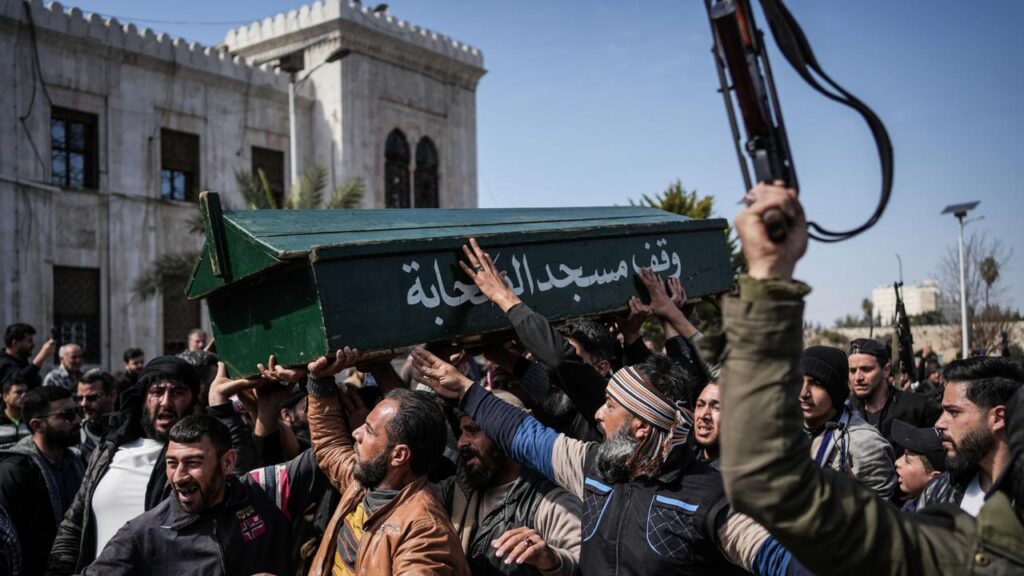
Rebuilding Trust Among Syrian Communities
Sharaa’s promise to punish wrongdoers — even within his own ranks — is seen as a bold step toward fostering reconciliation. After more than a decade of war, trust between Syria communities remains fragile. Many fear that without accountability, the country could slide back into chaos.
To prevent further violence, Sharaa outlined a plan to establish a national truth and reconciliation commission. The initiative would allow victims to share their stories, promote dialogue between sects, and create a path toward justice. “The Syrian people deserve peace, and that begins with honesty and accountability,” he said.
The interim government is also seeking international support to rebuild war-torn areas and provide humanitarian aid to those affected by the latest clashes. Reintegrating displaced citizens, many of whom fled sectarian violence, is a top priority for Sharaa’s administration.
The Road Ahead for Syrian Stability
Despite the challenges, Sharaa remains optimistic about Syria’s future. He believes that unity is possible if Syrian leaders put national interests above sectarian loyalties. His administration is already working to draft a new constitution that guarantees equal rights for all Syrian citizens, regardless of religion or ethnicity.
“We have suffered too much loss, too much bloodshed,” Sharaa said. “It’s time for the Syrian people to rebuild their country together, as one nation.”
The international community is watching closely to see whether Sharaa’s promises translate into action. If his administration can deliver justice and promote genuine reconciliation, Syria may finally have a chance to heal from the scars of war.
Syrian interim President Ahmed Sharaa has declared that the rule of law will prevail across the nation, promising that justice will be served without exception. Speaking from the presidential palace in Damascus, Sharaa emphasized his commitment to accountability, asserting that no one — not even those within his inner circle — would be above the law.
“Syria is a state of law. The law will take its course on all,” Sharaa told Reuters, underscoring his determination to lead the country toward stability and unity. His remarks come at a critical moment, as the Syrian people seek reassurance that the cycle of violence and impunity that defined the previous regime will not be repeated.
A New Era of Syrian Governance
Sharaa’s leadership marks a turning point for Syrian politics, with his administration pledging to protect human rights and ensure accountability for past and present crimes. “We fought to defend the oppressed,” he said, adding that any unjust bloodshed would be met with punishment, regardless of who was responsible.
His message is aimed at restoring public trust and signaling to both Syrian citizens and the international community that the country is ready to embrace a future built on justice, not revenge.
Syrian Relations with the United States and Sanctions Plea
In the same interview, Sharaa revealed that the Syrian government has had no direct contact with the United States since Donald Trump assumed office. He urged Washington to reconsider the sanctions imposed during the Assad era, arguing that they continue to harm ordinary Syrian citizens and impede the nation’s recovery.
The economic sanctions, which targeted state assets and key industries, have contributed to a severe humanitarian crisis, with many Syrian families struggling to access basic necessities. Sharaa’s plea for relief reflects his administration’s broader push to reintegrate Syria into the global economy and rebuild its war-torn infrastructure.
“We call on the United States to lift the sanctions, not for political gain, but for the sake of the Syrian people,” Sharaa stated, appealing to international leaders to support Syria’s reconstruction efforts.
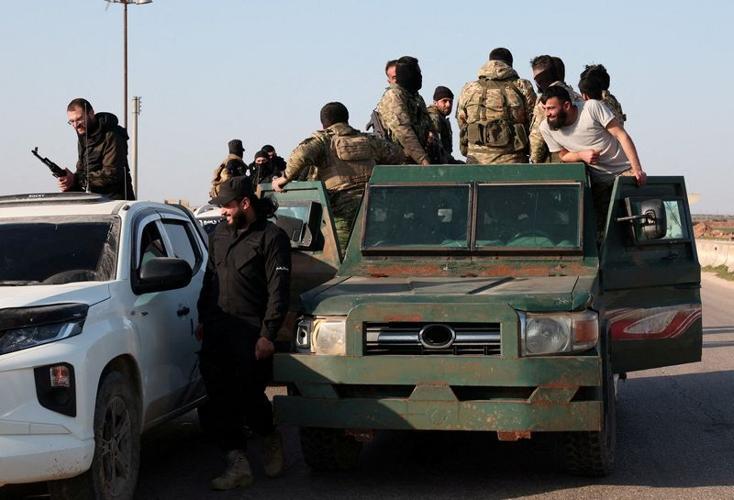
The Path Forward for the Syrian People
As Sharaa works to rebuild the nation, his administration is prioritizing reconciliation and national unity. Plans are underway to establish local councils that give communities a voice in decision-making, while new initiatives aim to help displaced Syrian families return to their homes.
The president’s insistence on upholding the law and punishing wrongdoing — even within his own ranks — is seen as a critical step toward long-term stability. By demonstrating a commitment to justice and human rights, Sharaa hopes to reshape Syria’s global image and attract the foreign aid necessary for reconstruction.
Despite the lingering effects of war and economic hardship, many Syrian citizens remain hopeful that this new chapter will bring lasting peace. Sharaa’s bold stance on accountability and his calls for international cooperation suggest that Syria is not just looking to rebuild its cities, but to restore the dignity and strength of its people.

